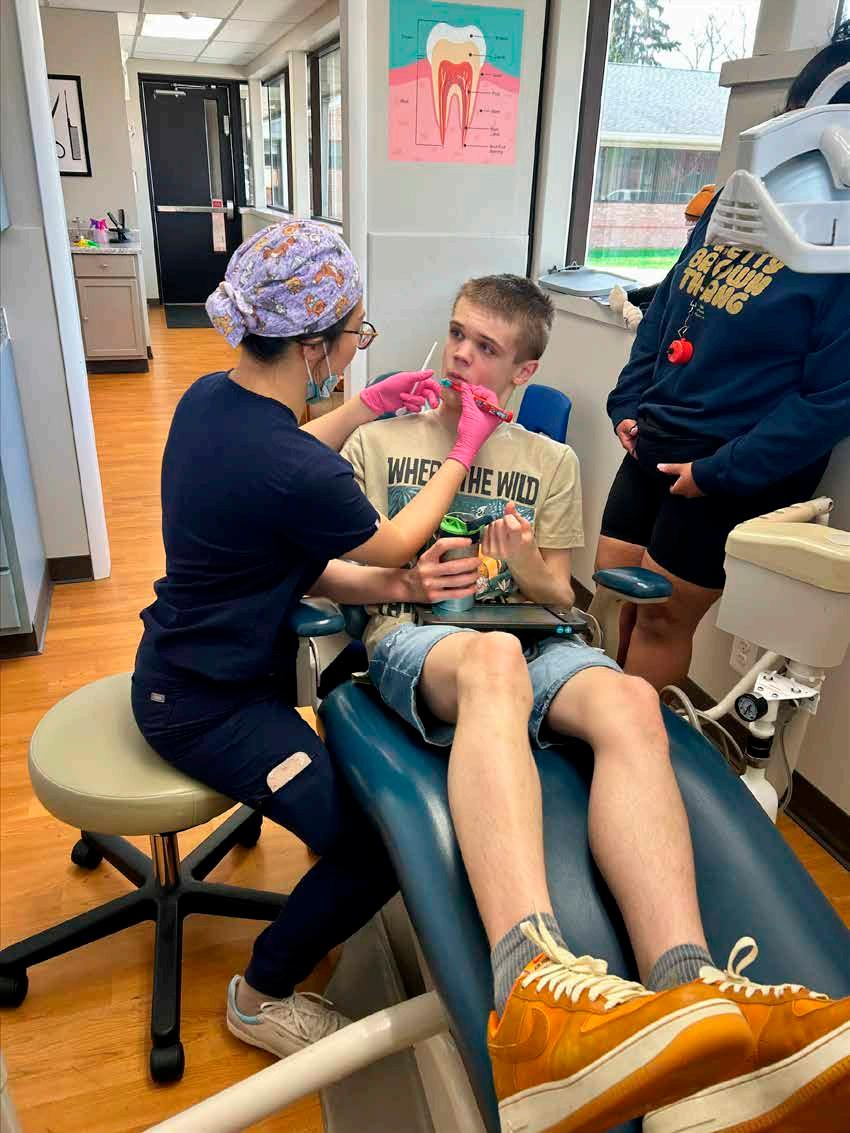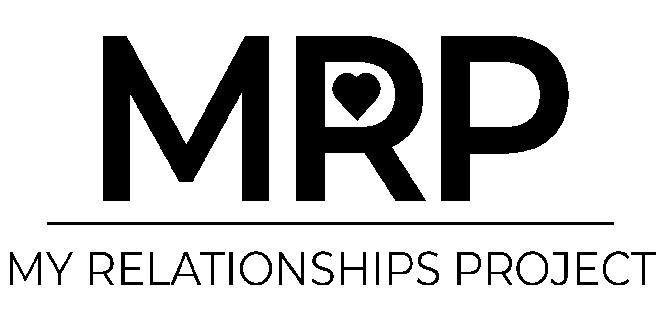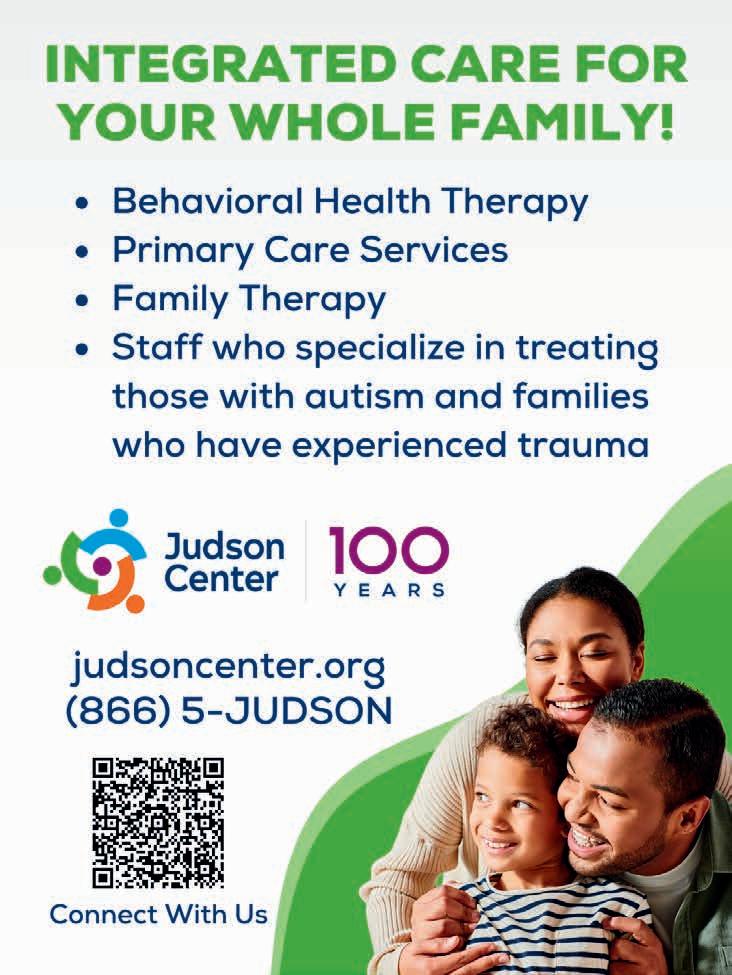
4 minute read
Judson Center Empowers Autism Community with Real World Dental Desensitization
Judson Center hosted a transformative event in their Life Skills Lab. A University of Michigan pediatric dentist visited to provide dental desensitization practice to clients on the spectrum. During these sessions, children rehearsed core behaviors, such as sitting in a dentist’s chair, tolerating bright lights and oral examinations, and engaging with a new dental provider, to reinforce skills learned with consistent staff. Such practice is rooted in the principle of generalization, a key tenet in Applied Behavior Analysis (ABA). According to ABA research, true mastery emerges when skills are demonstrated across various people, settings, and materials, not just within a single, familiar environment. By introducing a novel dental professional into a simulated clinical setup, Judson Center ensures skills transfer to real-world contexts, aiding long-term outcomes.

The Importance of Dental Desensitization for Autistic Individuals
Dental experiences can pose significant sensory and communication challenges for autistic individuals (Prynda et al., 2024). Bright lights, strange noises, and unfamiliar physical sensations often trigger heightened anxiety, leading to avoidance behavior and complicating oral healthcare routines. Unfortunately, this can contribute to poorer oral health in this population, including higher rates of cavities and gum disease.
Evidence supports intentional desensitization:
• A 2022 study involving autistic children found that when desensitization occurred closer to the appointment, children tolerated more steps during the appointment (Martinez Perez et al., 2023).
• A 2024 randomized controlled systematic review concluded that video modeling and sensory-adapted environments significantly reduce anxiety and increase participation in young autistic patients (Prynda et al., 2024).
• Additional pilot studies indicate that graduated exposure paired with reinforcement enables many autistic students to tolerate dental cleanings, with at least one child successfully completing a real-world appointment after school-based desensitization (Luiselli et al., 2018).

Judson Center’s approach mirrors these interventions by embedding sensory supports (e.g., adaptive lighting, structure) within familiar contexts, complemented by varied providers to enhance generalization.
Life Skills Lab: Teaching for Real Life
Judson Center’s Light Skills Lab is a fully equipped simulation of real healthcare environments, complete with a waiting room, exam chair, and sensory-adjustable settings. Their abstract at the Autism Alliance of Michigan Autism Today conference emphasized the essential role this model plays in preparing clients and families for routine healthcare visits.
Families report significant improvements: once children learn to navigate the lab, applying those same skills in an actual doctor, dentist, and salon settings becomes much more achievable. Research demonstrates that such structured generalization is essential for long-term retention and realworld application.
Building Confidence, , and Health
Judson Center’s dental desensitization event does more than improve oral outcomes, it builds independence, selfconfidence, and lifelong wellness habits. Reducing anxiety in routine care can prevent reliance on general anesthesia and expensive interventions, ultimately supporting healthier, more empowered lives. By combining evidence-based practices, sensory adaptation, visual and video modeling, and real-world generalization, Judson Center positions itself at the forefront of autism support. Their model offers a compelling blueprint: teach skills in a controlled, familiar environment, then apply them with real providers to ensure lasting, meaningful change.
References
Carter, L., Harper, J.M. & Luiselli, J.K. Dental Desensitization for Students with Autism Spectrum Disorder through Graduated Exposure, Reinforcement, and Reinforcement-Fading. J Dev Phys Disabil 31, 161–170 (2019). https://doi.org/10.1007/ s10882-018-9635-8
Prynda, M., Pawlik, A. A., Niemczyk, W., & Wiench, R. (2024). Dental adaptation strategies for children with autism spectrum disorder—a systematic review of randomized trials. Journal of Clinical Medicine, 13(23), 7144. https://pubmed.ncbi.nlm.nih. gov/39685603/
Martinez Perez, E., Adanero Velasco, A., Gomez Clemente, V., Miegimolle Herrero, M., & Planells Del Pozo, P. (2023). Importance of desensitization for autistic children in Dental Practice. Children (Basel, Switzerland). https://pubmed.ncbi. nlm.nih.gov/37238344/ tions












